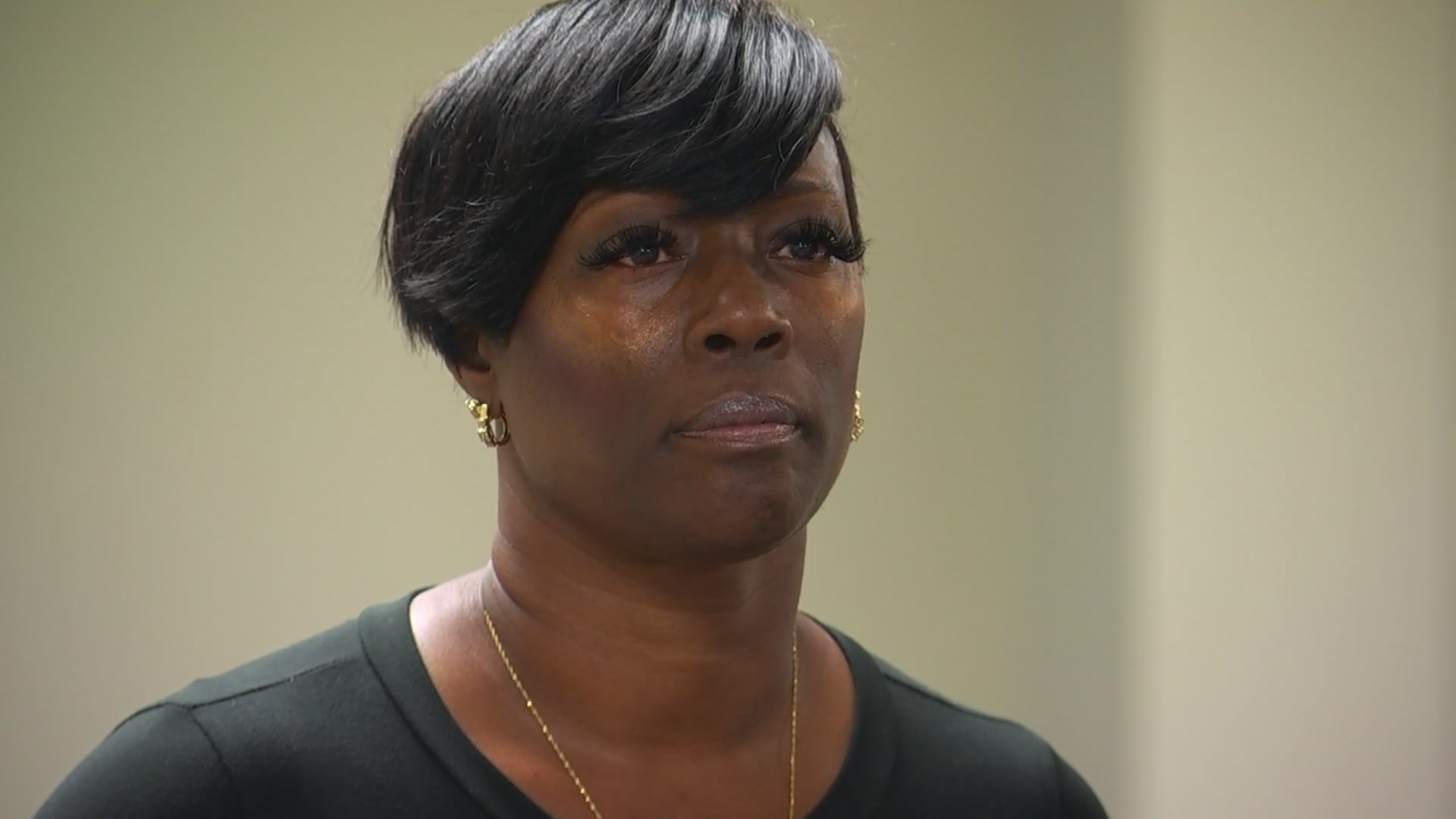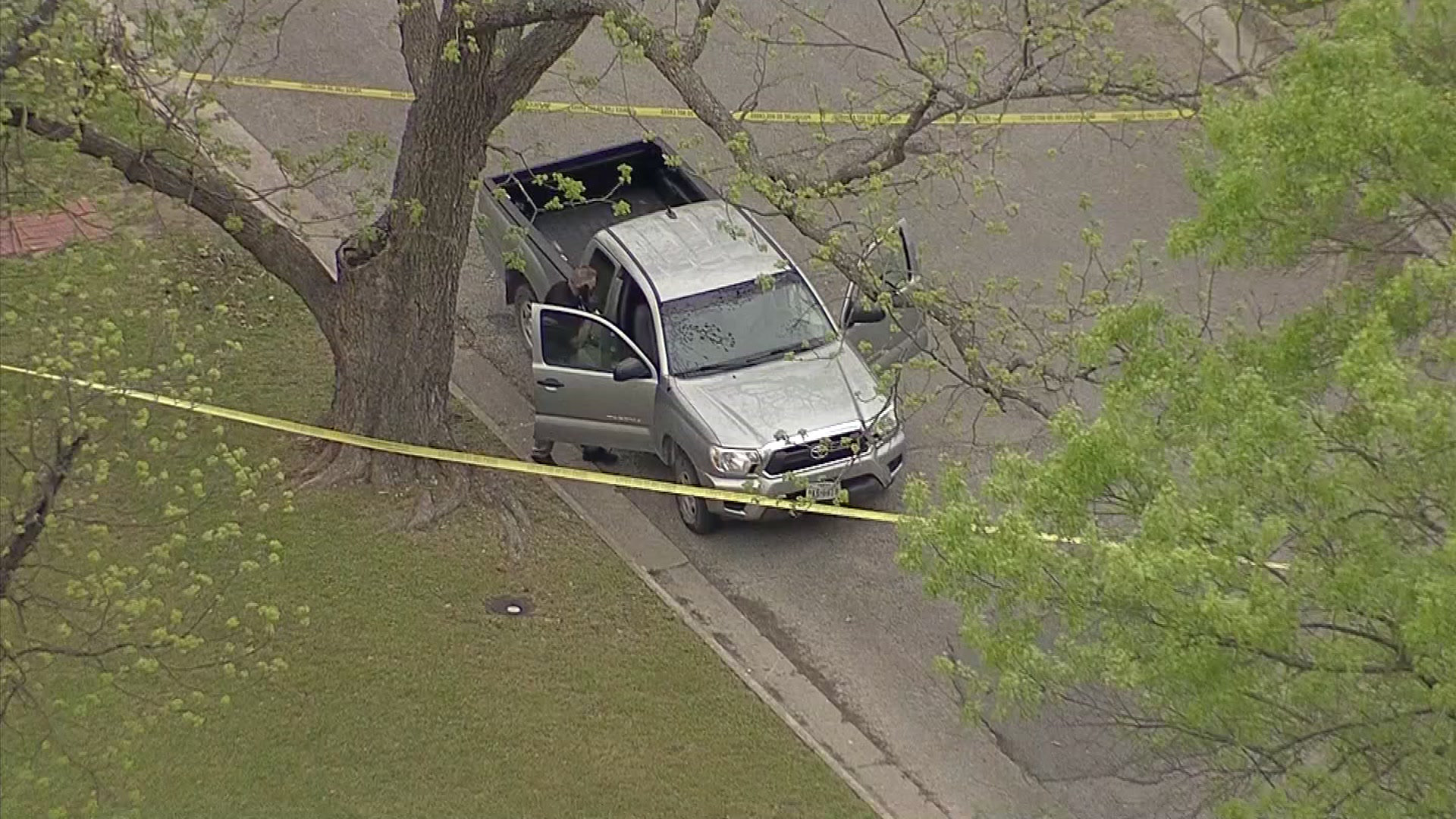Democratic Texas Sen. Wendy Davis said Friday she'll decide whether to run for governor by Labor Day, but wants to first make sure there's a "real path" for a Democrat to win a Republican stronghold state before committing to a campaign.
The Fort Worth lawmaker acknowledged that many supporters were encouraging her to make a bid to become Texas' first Democratic governor since Ann Richards won in 1991.
"When you make a decision this big, you want to make sure there's a real path. You don't want to be foolhardy, particularly when you are going to have to ask people to invest a tremendous amount of money, energy and resources into helping you," Davis said after addressing the annual luncheon of the Freedom of Information Foundation of Texas.
"I want to make sure we've laid the groundwork, done our homework and made sure there is a true path here and a true opportunity to take the governor's office," Davis said.
Speculation on Davis' plans have swirled since she gained attention for an almost 13-hour filibuster against an abortion bill in the Texas Legislature. Her delay forced Gov. Rick Perry to call a second special session to pass the ban on most abortions after 20 weeks.
The last Democrat elected governor was the late Ann Richards in 1990. Richards was defeated by George W. Bush in 1994 and Republicans have held the office ever since. The GOP has also held every statewide office in Texas since 1998 and the controlled the Legislature since 2003.
"I believe anything is possible," Davis said. "In Texas, people are looking for voices that aren't necessarily aligned blue or red but aligned with making sure the values of their families are reflected in the decisions being made at the state level. I think there's a void there right now in that regard."
Local
The latest news from around North Texas.
In her prepared remarks, Davis didn't mention Perry or other Republicans by name, but criticized Republican "leadership" as working to limit transparency in government. She noted Perry's veto of a bill that would have forced so-called "dark money" groups -- politically active nonprofits -- that spend millions backing political candidates to reveal their donors.
In his veto message, Perry said the bill would have had a chilling effect on freedom of speech and association.



